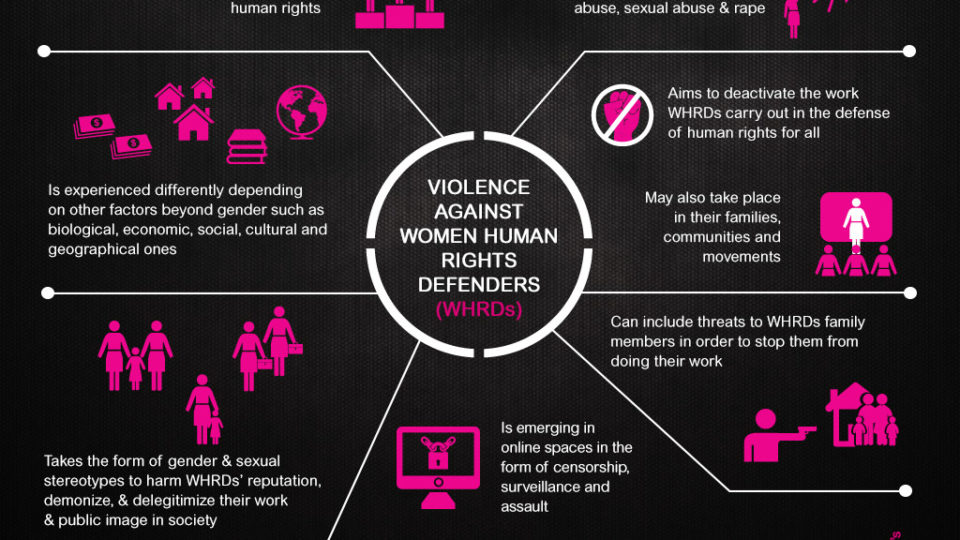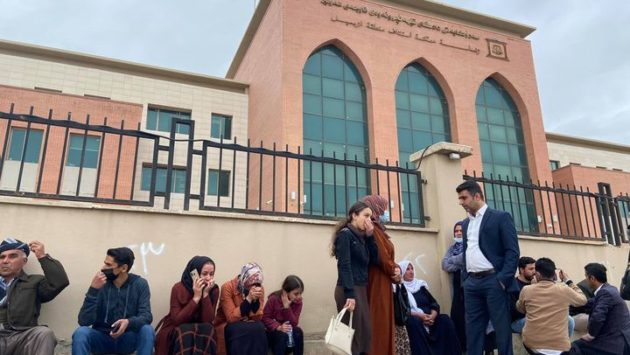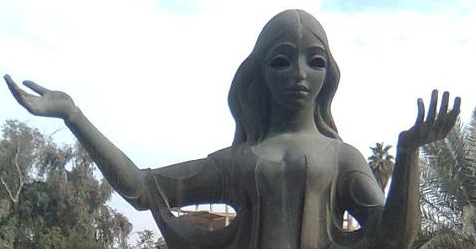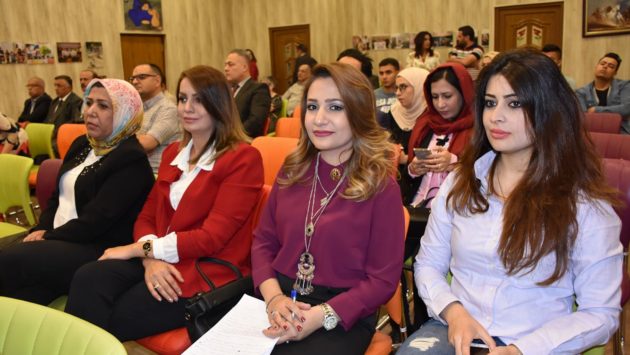Women Human Rights Defenders Challenging Violence in Iraqi Kurdistan
GCHR report says women human rights defenders challenging violence
2016-06-01
Women human rights defenders (WHRDs) in Iraqi Kurdistan face the same risks as other human rights defenders worldwide, but as women, they are also subject to gender-specific threats and violence, according to a new report by the Gulf Centre for Human Rights (GCHR).
The report, “Iraqi Kurdistan: Women Human Rights Defenders Challenging a Continuum of Violence”, is based on research conducted by GCHR in January of 2016 in Erbil, Dohuk and Sulaimanyia. It is available in English and Arabic. [To get the report in Ar.or in En. visit GCHR website here .]
Maryam Al-Khawaja, GCHR Co-Director, notes “WHRDs are challenging traditional notions of family, and gender-specific roles within them as well as within society. This results in criticism and ostracism not only from conservative community leaders and religious groups, but by their own families and communities.”
The report does point out that the situation for women in Iraqi Kurdistan is better in some ways than it is for women in the rest of Iraq, because of progress on women’s participation in decision-making and legislation against gender discrimination. “However there are still huge challenges in social, political and economic life, in so-called ‘honour’ killings and other gender-based violence, including female genital mutilation.”
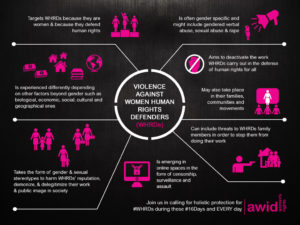
During GCHR’s 2016 mission, a picture emerged of a deepening crisis and a crackdown on civil society organisations. One woman told GCHR: “It’s so much worse than last year, security wise and economically. There’s a general sense of exhaustion. Women are being pushed back out of public life. The situation is unstable, scary. Parliament is not convening and they are concerned there will be a popular movement, and that’s why the crackdown is worse. Basic services for women are not available and civil society is increasingly unable to fill in the gaps. There simply isn’t the money.”
The report concludes with recommendations to improve the situation of WHRDs and notes that: “There is an overwhelming failure by the authorities to prevent, investigate or punish attacks against HRDs, in particular women defenders who are at the forefront of the struggle to change deep-rooted attitudes and traditions which adversely affect the wider population. Violations against HRDs are either not recorded or not sufficiently investigated. They continue their work at great personal risk and with insufficient protection.”
The report is dedicated to Samira Saleh Al-Naimi, committed Iraqi WHRD, publically executed by Daesh in Mosul, Iraq in September 2014.

